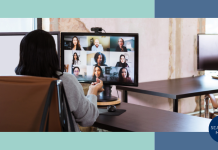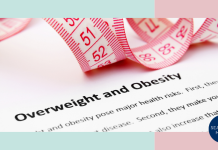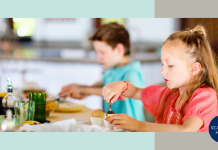This is the third post in a series. This post will focus on COMMUNITY MITIGATION STRATEGIES/SOCIAL DISTANCING. For Part 1 (the basics of COVID-19) and Part 2 (Preparation and Prevention of COVID-19), follow the links
“Social distancing” refers to a conscious effort to reduce close contact between people in order to slow community transmission of COVID-19. You have likely seen the graph below which describes how social distancing can “flatten the curve”, or slow down the spread of the virus such that the healthcare system is not overwhelmed. Disney has closed all of its parks, March Madness is cancelled, and just today I received an email from my daughter’s school announcing their closure through the end of the month.
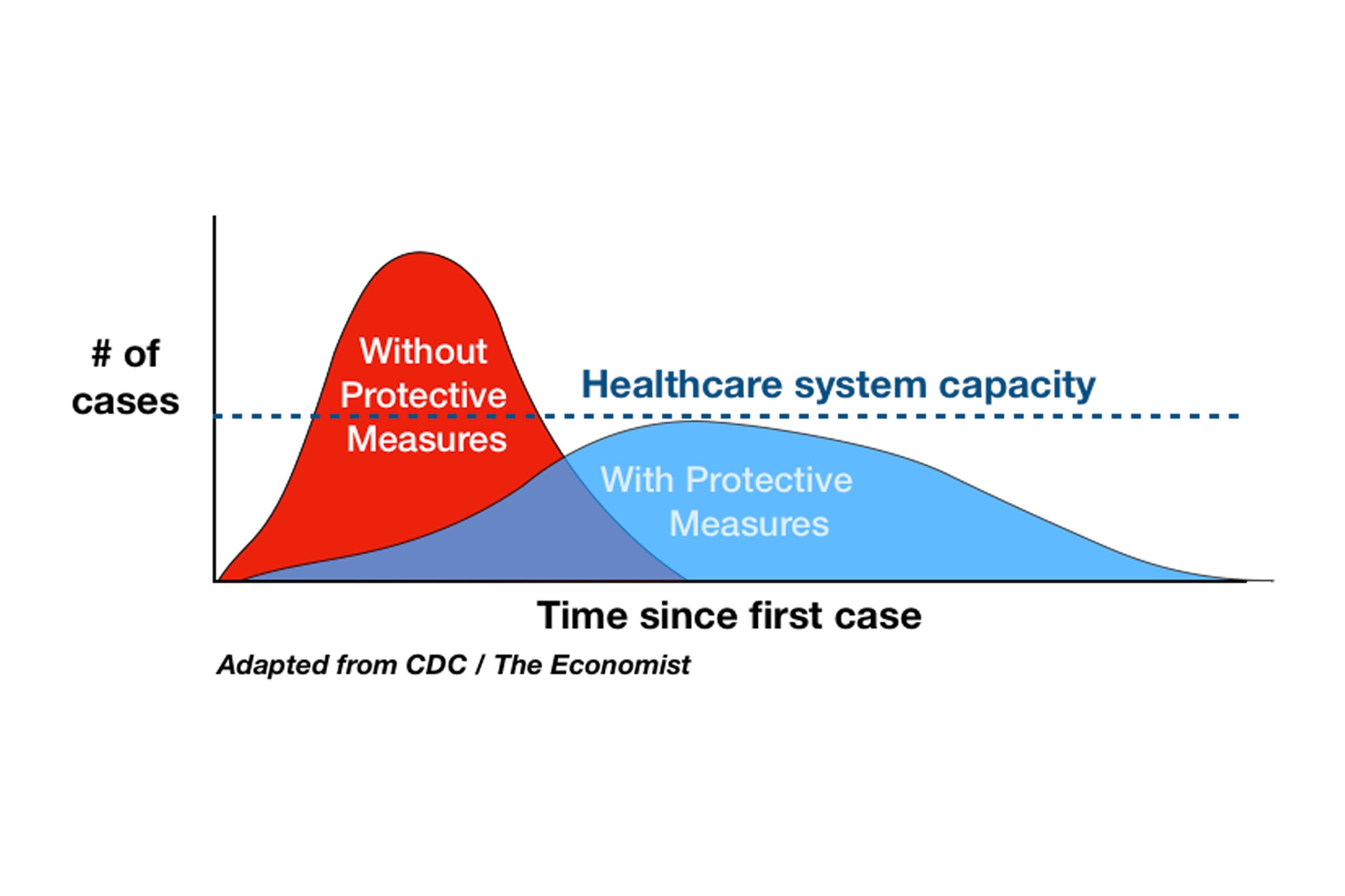
While these closures and cancellations are (sometimes terribly) inconvenient, they are aimed at protecting the most vulnerable among us, including the elderly and the immunocompromised, by stopping the path of the virus through us to them. An excellent graph by pediatrician Hillary Lewis M.D. demonstrates that in any pandemic situation such as this one, there is a balance to be struck between public health and individual freedom and responsibility. With this in mind, I will strive to answer your questions regarding the dos and don’ts of social distancing, utilizing official CDC recommendations, my expertise as a pediatrician, and good old common sense. If you or anyone in your family is elderly or immunocompromised, then I would defer to the most conservative of my recommendations.
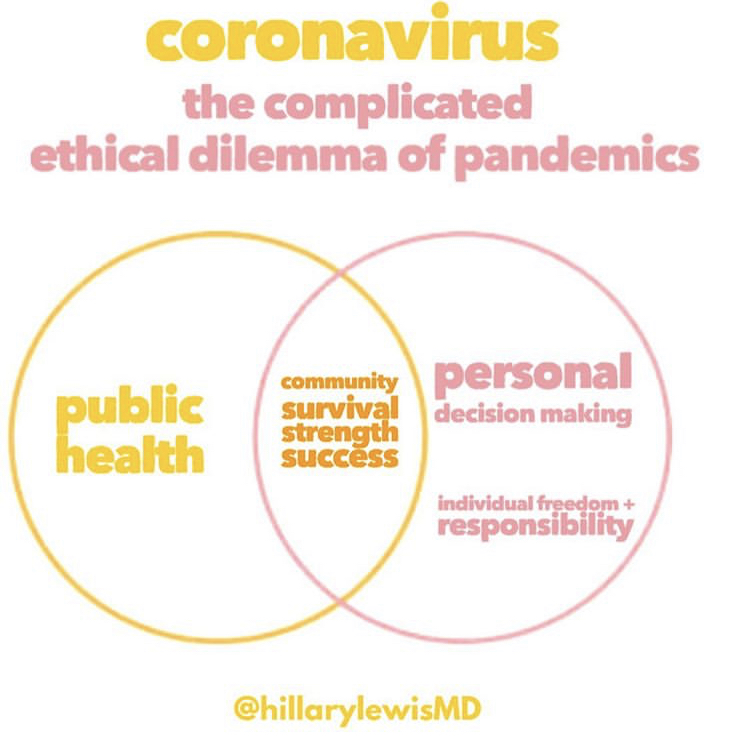
1) Should we be limiting our contact with immuno-compromised people and/or older folks (grandparents)? For children with respiratory issues and challenges, should parents be limiting their contact with others?
- If anyone in your immediate family is sick, I would definitely avoid visiting immunocompromised or elderly family members. But remember, children can be asymptomatic but infectious! So unless you are using healthy grandparents for childcare, utilize the miracle of FaceTime to stay in touch during this period.
- If your child has asthma or other health issues, at minimum I would limit contact with others as follows: no sick playmates, no large playgroups, no indoor playspaces. However, you need to do what feels right to you, and being more conservative with how much contact your kids have with others is probably safest right now.
- Dr. Asaf Bitton MD, MPH, who works at Brigham and Women’s Hospital in Boston and Harvard’s school of public health, actually advocates for NO playdates, parties, sleepovers, or families visiting each other’s houses, even if your child is healthy. In his words, “This sounds extreme because it is. We are trying to create distance between family units and between individuals across those family units. Even if you choose only one friend to have over, you are creating new links and possibilities for the type of transmission that all of our school/work/public event closures are trying to prevent. The symptoms of coronavirus take 4-5 days to manifest themselves. Someone who comes over looking well can transmit the virus.”
2) Should a child still go to their well visit at a pediatrician’s office?
- Well visits are important, particularly early in a child’s life, for close surveillance of growth and development, as well as for administration of vaccines. If your child is younger than kindergarten age, I recommend continuing their well visits as scheduled, although depending on the exact age of your child, you can postpone their checkup by a few weeks to months if you are concerned about exposure in the office. If you do choose to come to the office, try to have only ONE healthy caregiver attend the appointment with the child; if at all possible, avoid bringing siblings or multiple family members.
- Medical offices are taking great care to screen patients for symptoms of COVID-19, as well as disinfecting surfaces between patients. They may even rearrange their daily schedule to minimize exposure of healthy kids to sick ones, such as grouping well visits in the morning and seeing only acute sick visits in the afternoon. If your pediatrician reaches out to you to reschedule or cancel your child’s well visit, please be kind and patient as we aim to protect our patients and staff.
- If your child is school-aged and up to date with all of their vaccinations, including a flu shot, it would not be unreasonable to delay their well visit until later in the year once the outbreak is contained.
3) Should we be traveling?
- I would cancel all non-essential travel. Even if you didn’t purchase travel insurance, many airlines are waiving cancellation fees. Try calling your credit card company if you purchased your tickets on credit. Look at the recently announced travel ban from Europe – the last thing you want is to fall ill in another country, or be barred from returning for an extended period of time.
- If you absolutely must travel and can drive rather than fly, then do so.
4) If schools close, should we even avoid playgrounds or play dates with one other child/family? How extreme should quarantine be, if it comes to that? For generally healthy children, should we limit after school activities like birthday parties or sports?
- The CDC recommends discouraging children and teens from gathering in other public places while school is dismissed to help slow the spread of COVID-19 in the community. Talk to your children about how this “vacation” is a little different than a snow day or Spring Break. Try to keep some routine in line with their usual school day, utilizing remote learning or materials sent home by teachers if available. Have dance parties, bake, do an arts & crafts project, play board games – even bend the screen time rules a bit. Playing outside in their own yard is not only safe but encouraged (with sunscreen before and tick checks after, of course!).
- Based on current CDC recommendations on non-essential large group events, I would not attend church services, birthday parties, or sports events at this time.
- Remember that the main reason for closing schools and avoiding crowds is to postpone the peak of the epidemic and spread out the cases. Here is an excellent article from Science magazine in which a Yale social scientist explains the logic and data: https://www.sciencemag.
org/news/2020/03/does-closing- schools-slow-spread-novel- coronavirus
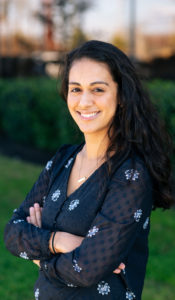
Alyssa Reyes Smith, M.D.
Boston Combined Residency Program, Urban Health and Advocacy Track
Perelman School of Medicine at the University of Pennsylvania Class of 2014
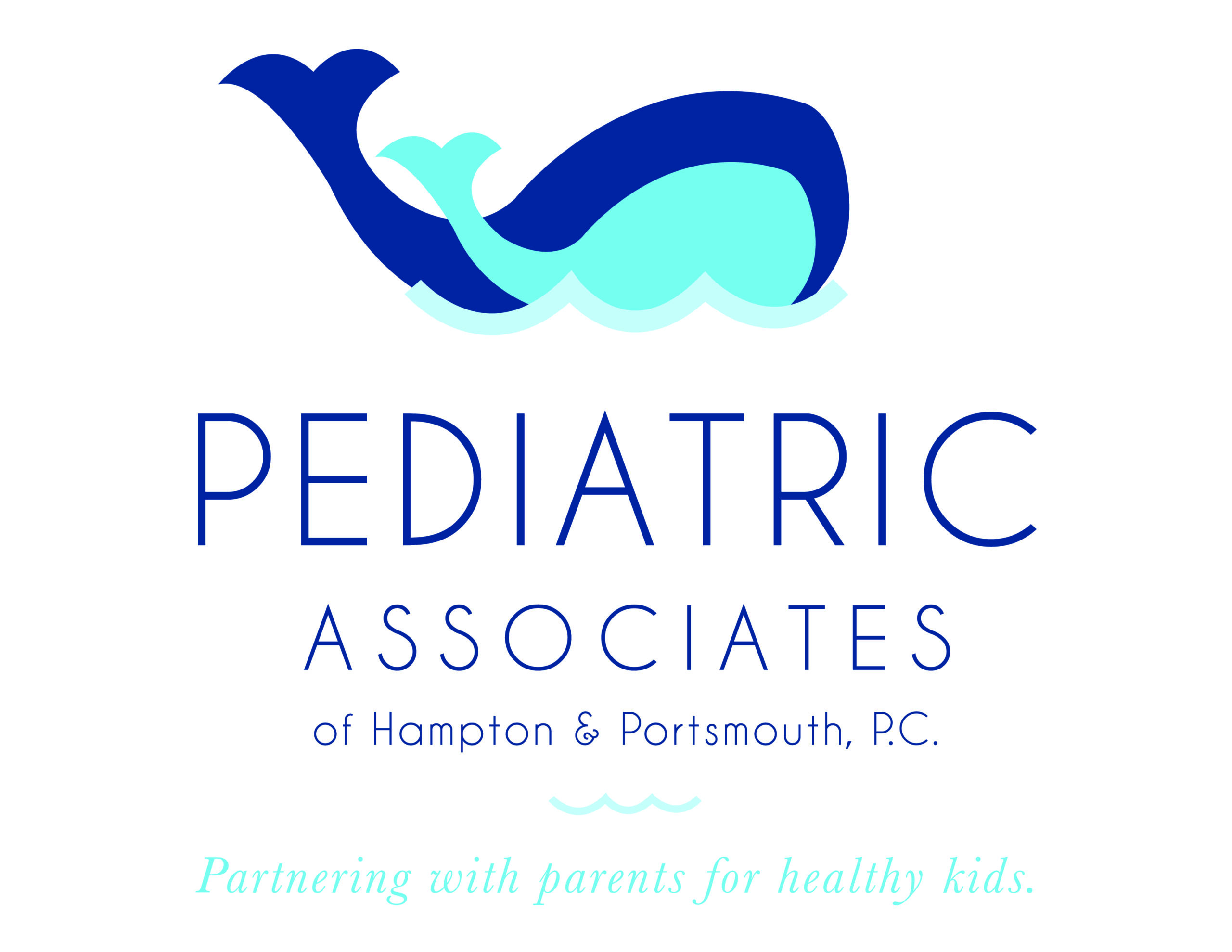
55 High Street, Suite 102
Hampton NH
603.929.3838
330 Borthwick Ave, Suite 101
Portsmouth NH
603.436.7171


